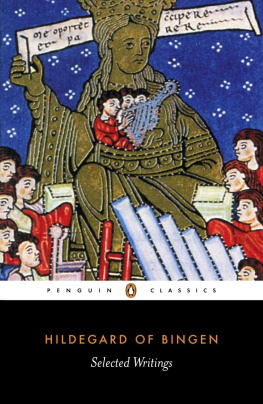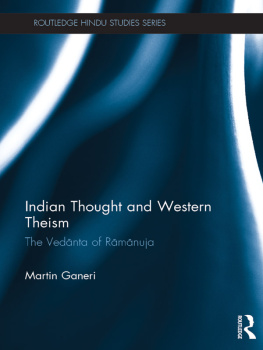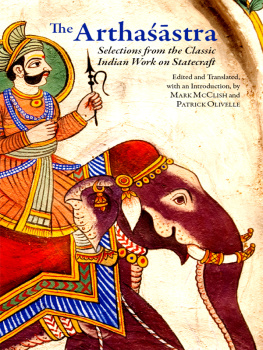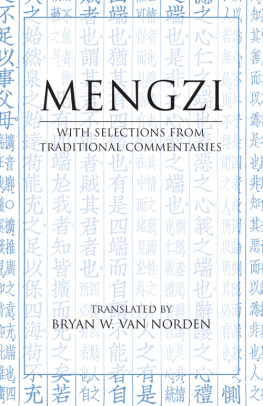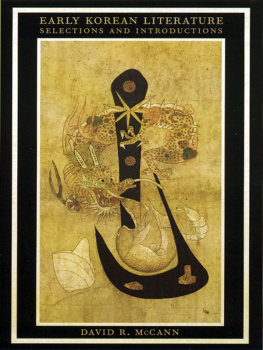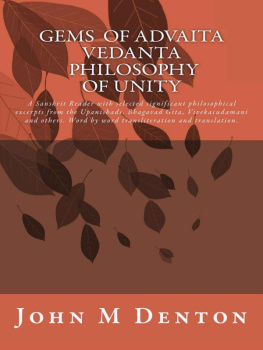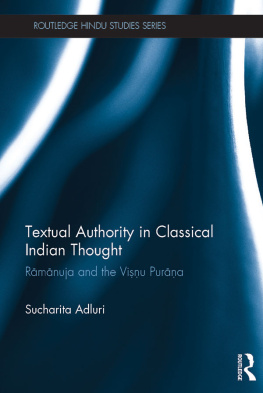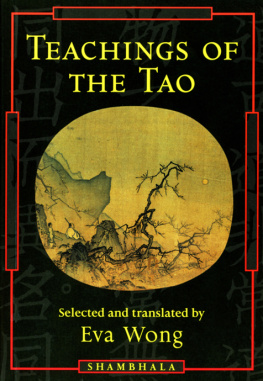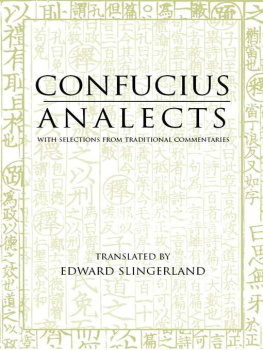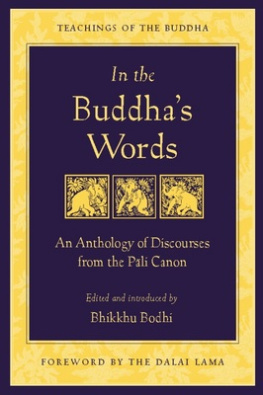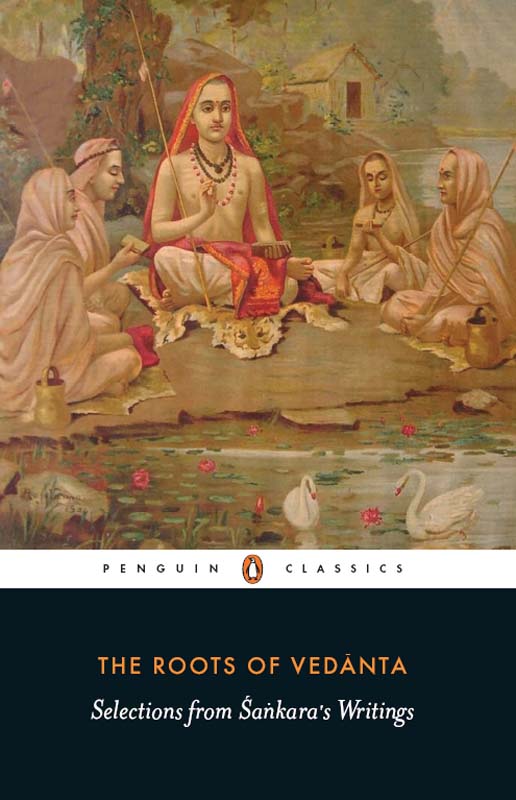PENGUIN BOOKS
Published by the Penguin Group
Penguin Books India Pvt. Ltd, 11 Community Centre, Panchsheel Park, New Delhi 110 017, India
Penguin Group (USA) Inc., 375 Hudson Street, New York, New York 10014, USA
Penguin Group (Canada), 90 Eglinton Avenue East, Suite 700, Toronto, Ontario, M4P 2Y3, Canada (a division of Pearson Penguin Canada Inc.)
Penguin Books Ltd, 80 Strand, London WC2R 0RL, England
Penguin Ireland, 25 St Stephens Green, Dublin 2, Ireland (a division of Penguin Books Ltd)
Penguin Group (Australia), 250 Camberwell Road, Camberwell, Victoria 3124, Australia (a division of Pearson Australia Group Pty Ltd)
Penguin Group (NZ), 67 Apollo Drive, Rosedale, Auckland 0632, New Zealand (a division of Pearson New Zealand Ltd)
Penguin Books (South Africa) (Pty) Ltd, Block D, Rosebank Office Park, 181 Jan Smuts Avenue, Parktown North, Gauteng 2193, South Africa
Penguin Books Ltd, Registered Offices: 80 Strand, London WC2R 0RL, England
www.penguinbooksindia.com
First published by Penguin Books India 2012
Copyright Sudhakshina Rangaswami 2012
Cover: A painting by Raja Ravi Varma of Adi Sankaracharya with his disciples
All rights reserved
ISBN: 978-01-4306-445-9
This digital edition published in 2012.
e-ISBN: 978-81-8475-718-7

THE ROOTS OF VEDNTA
Sudhakshina Rangaswami was born in Chennai, in 1955. She studied at the Dr S. Radhakrishnan Institute of Advanced Study in Philosophy, University of Madras and University of Bombay, where she gained M.A. in Indian Philosophy, and Ph.D. for the thesis, Influence of Pcartra gamas on Viitadvaita Vednta. She has worked as a lecturer in Indian Philosophy at Ananthacharya Indological Research Institute, Mumbai, and as a UGC Post-doctoral Research Associate at Osmania University and University of Delhi before she joined The Hindu where she was a writer of the popular, daily column on religion, and Book Review Editor. Ms Rangaswami now pursues her wide-ranging interest in culture, spirituality and Vednta as a freelance scholar.
To my parents

Preface
It may sound a bit clichd but, with the writing of this book, my life has come full circle. It was the spirit of inquiry which had led me to pursue academic study and research in Indian Philosophy, and my engagement with Vednta since then has consciously and unconsciously shaped my life, both personally and professionally. When I switched my career mid-stream from academics in 1994 to become a writer of the daily, popular column on religion in The Hindu newspaper, I embraced this change because it presented both an opportunity and a challenge. For one who was familiar with the academic world, my day-to-day work from then on afforded me the occasion to listen to the exposition of the scriptural texts by traditional scholars; the challenge lay in presenting the abstract philosophical concepts to the general reader. My work also reinforced the truth that Vednta is not just armchair speculation but a lived experience to be imbibed from those who have followed its tenets. It is a vibrant, living tradition that can be understood in all its facets only when it is approached with the objectivity of the scholar and with the right spirit of inquiry. It would not be an exaggeration to say that, in the course of writing my columns over these years, I gained greater clarity of thought and expression, because lucid communication and sustaining the readers interest are paramount for a columnist. At the same time, it must be said that Vednta cannot be diluted to make it appealing. Anyone who wishes to study Vednta has to make an effort to familiarize himself with its fundamental concepts and terminology, as in the case of any discipline. The challenge in writing this book, therefore, was to strike the right balance so that the abstract concepts were intelligible even to the beginner.
It is the unique experience I have gained as an academic researcher and media practitioner that prompted my book editor, Kamini Mahadevan, to propose that I undertake this exercise for the Penguin Classics series. When she approached me in early 2008 with an invitation to put together an anthology of akaras writings, my initial reaction was one of hesitation because, for one, I felt that, after a break of fifteen years from academic work, I would not be able to get back to research that such a project would entail. I also hesitated due to the commitment that would be necessary to bring it to fruition because of the demands of my career and family life. I succumbed because it afforded me a chance to revisit the classical texts with a different perspectivemaking them accessible to the modern reader. For me, it was a nostalgic journey back in time, a promise of new beginnings.
This book is an edited selection of akaras writings with the objective of presenting the salient concepts of Advaita Vednta according to akara. While there is a rich corpus of books available in this genre, this differs from them in that it presents the teachings of Vednta in akaras own words. Swami Atmanandas Sri Sankaras Teachings in His Own Words and A.J. Alstons six-volume A akara Source-book, both published several decades ago, were undertaken with a similar purpose. While the former is a handy volume mainly intended for the spiritual seeker, the latter is a very comprehensive manual suitable for intensive study and research. This attempt, on the other hand, strives to find the middle ground so that it can serve the interests of both the student of Vednta and the modern reader, for whom studying the original works of akara may be daunting. Besides, with akara being the pre-eminent and central figure in the Advaita lineage, it is necessary for the discerning reader of Vednta to distinguish and appreciate the differences between and the nuances of pre-akara and post-akara thought and developments, for which grounding in akara Vednta becomes all the more necessary, and this book will meet with this need.
I have organized the passages from akaras works in seven chapters covering all the important concepts of Vednta with a general introduction explaining the rationale of this anthology. The general introduction by itself is a standalone summary of the life, mission, works and teachings of akara, and it also offers a birds-eye view of what is explained in the chapters that follow. The introduction to each chapter is a concise account of the subject matter dealt with in it, so that the reader can better appreciate the topics and the selected passages in them. I have annotated the selected passages under every topic so that it is easy to follow the nuances of the concepts and the arguments. The grouping of the passages also allows scope for easy reference.
I began this preamble on a personal note because the writing of this book coincided with the birth of my grandson Aniruddh, my migration to the USA, and moving on in life with the promise and hope of new beginnings. I offer this anthology to my readers with the same spirit that new vistas would unfold in their lives by engaging with Vednta.


